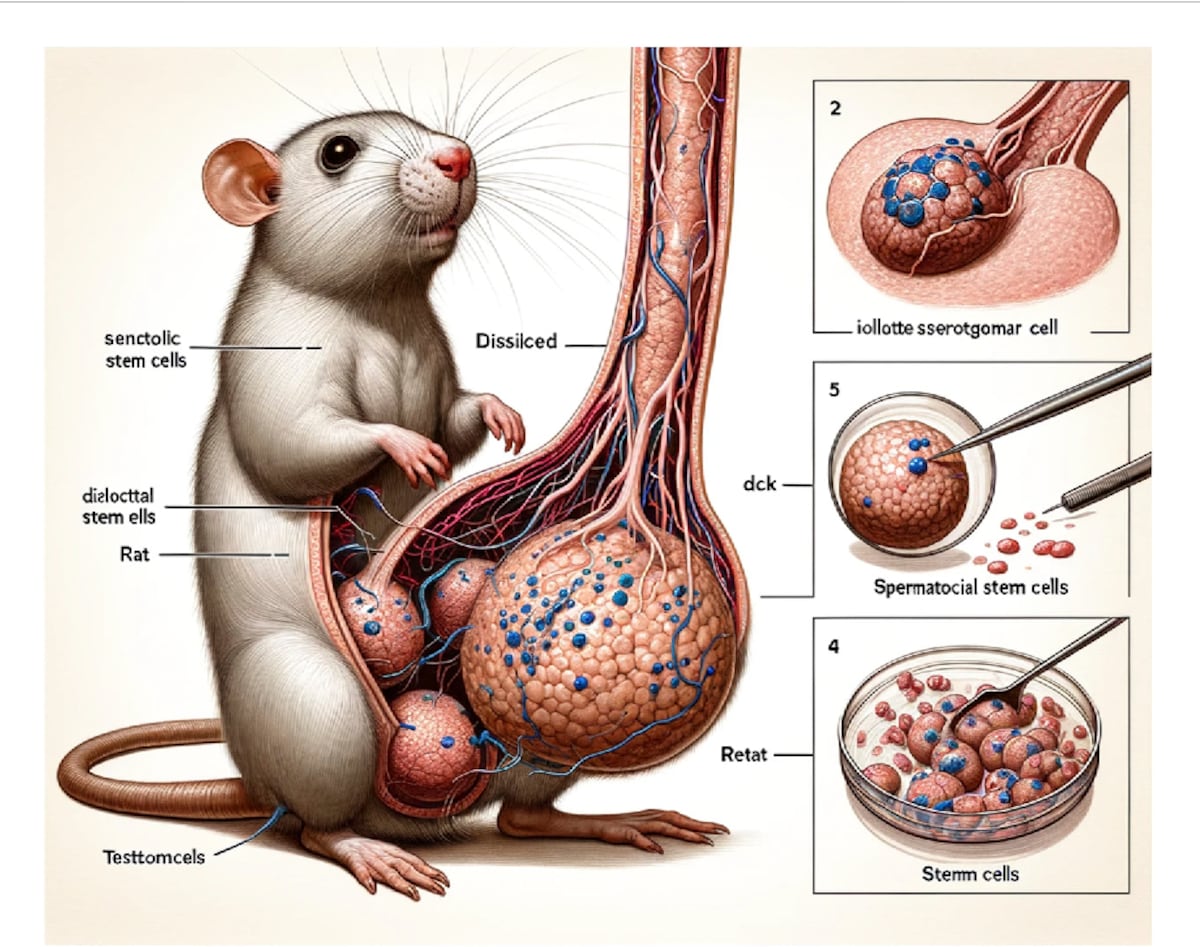
Rise of AI-Powered Language Generation in Academic Writing Raises Ethical Concerns: A Cautionary Tale from Andrew Gray, UCL Librarian
The discovery made by Andrew Gray, a librarian at University College London, after analyzing five million scientific studies published last year, has raised concerns about the increasing use of AI-powered language generation programs in academic writing. According to Gray, he found a sudden increase in the use of certain words like meticulously, intricate, commendable and meticulous in their English versions, with percentages ranging from 59% to 137%.
Gray attributes this rise to the use of ChatGPT and similar AI-powered language generation programs by tens of thousands of researchers to write or polish their studies. While some researchers may use AI tools to correct errors and improve text quality, there remains a gray area where the assistance of AI is taken further without proper verification of results.
Stanford University researchers led by James Zou found that AI language models tend to use words with positive connotations disproportionately, such as commendable, meticulous, intricate, innovative and versatile. Zou’s team also observed an increase in the use of ChatGPT among reviewers of scientific studies, with a significant impact on the quality of reviews. While prestigious journals like those in the Nature group showed fewer traces of ChatGPT in corrections, the fear of lower quality work produced using AI tools remains.
Gray’s analysis also revealed a surge in terms like intricate and meticulously across scientific studies in 2023. This indicates a potential shift in academic language due to non-native English speakers relying on ChatGPT for translation and language improvement. There are concerns about the impact that this AI-driven language could have on the quality and substance of research among scholars worldwide.
The future implications of AI-driven text generation in scientific research remain ambiguous with both promise and peril hanging in the balance. As researchers continue to push the boundaries of AI applications in academic writing questions around transparency, quality and integrity become increasingly urgent. Gray’s cautionary tale serves as a sobering reminder that technological advancements can lead to ethical dilemmas that must be carefully considered before they are fully adopted into mainstream research practices.
In conclusion, while there are benefits associated with using technology such as ChatGPT to improve academic writing skills it is essential that researchers consider its potential drawbacks carefully before adopting it into their workflow.

